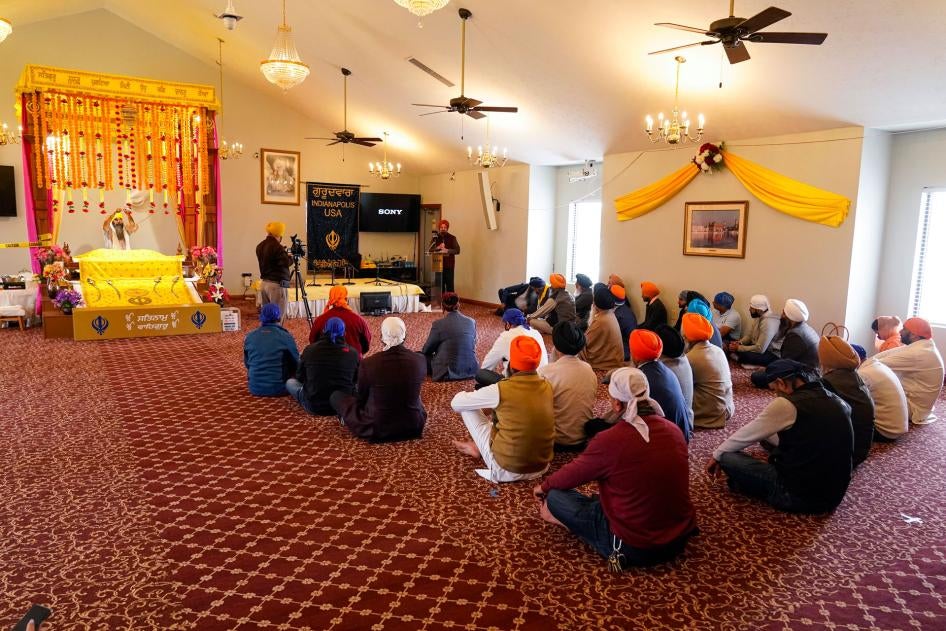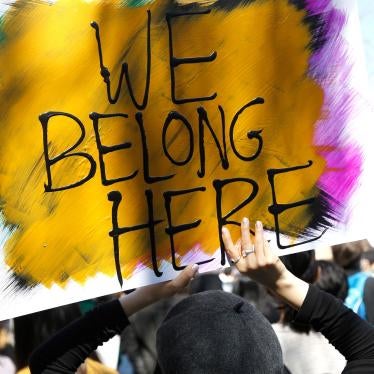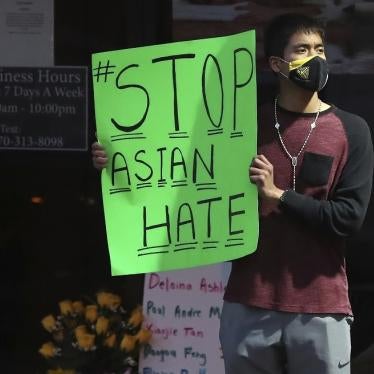The April 15 shooting at a FedEx facility in Indianapolis that left eight dead, four of whom were members of the Sikh community, should be investigated as a possible hate crime motivated by religious bias.
Since the September 11, 2001 attacks on the United States, the Sikh community in the country has experienced an increase in hate crimes, discrimination, and harassment. While there are only about 500,000 Sikhs in the United States, data from the Federal Bureau of Investigation (FBI) suggests they suffered the fifth largest number of offenses classified as hate crimes under US law in 2018. From 2017 to 2018, anti-Sikh hate crimes increased 200 percent.
This is part of a wider rise in religiously based hate crimes across the US. In 2018, 20 percent of 7,100 hate crimes reported by US law enforcement agencies to the FBI were motivated by religious bias. Crimes against Jewish people topped the list, while crimes against Muslims were second.
Examples of recent cases against Sikh people include the Uber driver, Gurjett Singh, who was held at gunpoint in 2018 by a passenger questioning his country of origin and telling him, “I hate turban people.” In 2020, a man was charged with a hate crime after running over Lakhwant Singh, the Sikh owner of a Denver liquor store. The man told Singh and his wife to “go back to your country” and told police that he believed that Singh was an “older Arab” due to his uncut beard and turban.
Ignorance about the Sikh religion among law enforcement and the general public has raised concerns that hate crimes against Sikhs have not been properly investigated or have been misclassified as crimes against Muslims, hiding the full extent of the problem.
It was not until a mass shooting at a Wisconsin gudwara (Sikh temple) in 2012 that the FBI began to track hate crimes against Sikhs. But groups like the Sikh Coalition fear that law enforcement is still failing to properly investigate and prosecute these crimes. The Sikh community, and other at-risk communities in the US, should be protected from discrimination and violence.
It’s still unclear what motivated the FedEx shooter. What is clear is that there remain deep-seated biases and ignorance about the diversity of religious cultures within the United States. To address this, law enforcement should fully investigate possible hate crimes whenever they occur, and public officials should denounce hate crimes and work to increase awareness and education about religious diversity.









